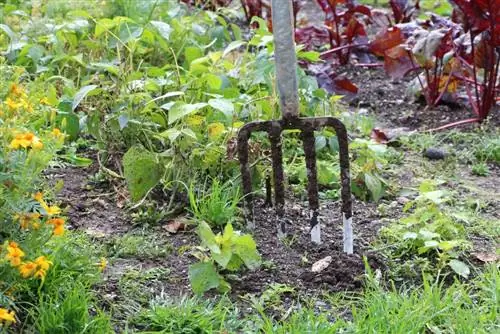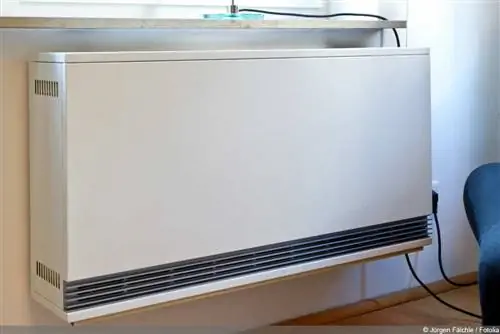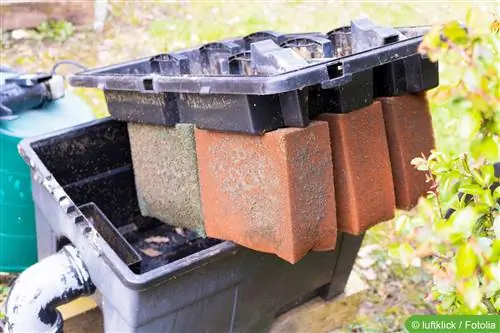- Author admin caroline@plants-knowledge.com.
- Public 2023-12-17 03:39.
- Last modified 2025-01-24 12:45.
It won't be long before spring begins. With it, warmer temperatures return and many people are drawn back outside into the fresh air. Garden owners in particular really thrive during this time and spend a few hours creating flower beds or planting fruit and vegetables in their own gardens. Many people see hard work as a pleasant hobby alongside their main job. But wouldn't it be lucrative to turn this leisure activity into a sideline activity and, for example, earn a small sum of money from the produce from your home garden? But what should you take into account so that your personal additional income is worthwhile and takes place legally?
Who is gardening suitable as a part-time job for?
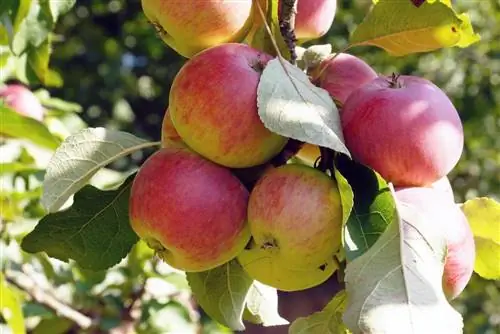
Basically, anyone who enjoys gardening has the opportunity to supplement their income in this way. Tasks such as mowing the lawn or sweeping leaves can be done well by unskilled workers, which is why schoolchildren, students and pensioners are particularly interested in gardening jobs. When working with trees or plants that require special care, the knowledge of specialists is more likely to be required. In addition to the advantage of additional income, the fun of the whole thing should of course not be neglected. Anyone who finds gardening to be a nuisance would be better off as a mini-jobber in another area, such as the catering industry. Of course, he alth should also play a role and there should be no fear of physical activity in the fresh air. Nature lovers and people with a strong love of animals are usually perfect for a part-time job in the garden. Those wishing to sell home-grown products should be knowledgeable about growing, harvesting and caring for plants and trees.
Which legal requirements must be observed?
Gardening as a mini job
If gardening is a mini-job in a private household, it often falls into the category of household-related services. In this case, the employer benefits from a low tax burden and tax advantages. In addition to the tasks in the garden, cooking, cleaning, shopping or looking after sick, old or people in need of care are also household-related activities, as family members usually carry out these tasks. However, if the employer is not a private individual but, for example, a gardening company, the same regulations apply as for commercial mini-jobs.
Income from horticultural products
Even if only small amounts of money are earned from the products from the home garden, these may be taxable and should therefore be registered with the local trade office. Anyone who is employed full-time does not normally have to worry about tax contributions. Income tax is only due for annual sales of more than 410 euros from additional income. However, this only applies to products from so-called primary agricultural production: i.e. fruit, vegetables, seedlings, plants or their seeds that the customer purchases directly. However, if garden owners sell processed products such as homemade jam, registration with the trade office is mandatory. Furthermore, the seller is obliged to comply with certain purity regulations during production.
Registering a small business also results in a lot of paperwork in the accounting department. If this becomes too much for you, you have the option of using a professional accounting system that can clearly show income from your main and secondary employment. Due to the high level of user-friendliness of such programs, they are suitable for every business owner, regardless of the size of the company or personal accounting knowledge.
Making profits from your own products
Self-service stand
What larger farms have been offering for some time now also represents an opportunity for gardening enthusiasts: namely, harvesting or picking independently on a garden plot or field for a small fee. Harvest afternoons together are even more fun in a group. Especially when the season promises a particularly productive harvest. If you want to make a lasting name for yourself in the region as a seller of home-grown plants or food, a self-service stand is an ideal marketing measure to advertise your farm shop.
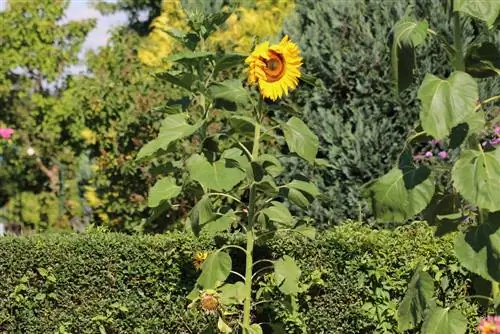
Farm shop or vegetable stand
Specially produced products from the local garden are becoming increasingly popular due to low transport costs, environmental concerns and the feeling of supporting regional agriculture. There are many products that garden owners can sell:
- Fruit
- Vegetables
- Flowers
- Plant seedlings
- Seeds
- Bouquets
- Wreaths
They can all be sold. With well-maintained gardens, it is not uncommon for the yields to far exceed your own needs and those of your family and friends. So that they don't rot unused, hobby gardeners can offer them for sale. A small stand in the garage or a gazebo is usually sufficient at the beginning. Once word has gotten around about the new offer, a switch to larger premises may still be an option. Instead of purchasing expensive packaging materials, part-time gardeners should encourage their customers to bring their own shipping containers. This is not only more cost-effective, but also more environmentally friendly. The latter should also play a role in the management of the farm shop or stall. Anyone who also works as a seller of their own products can use a paperless form of accounting, for example to record receipts digitally instead of accumulating them in tons of folders.
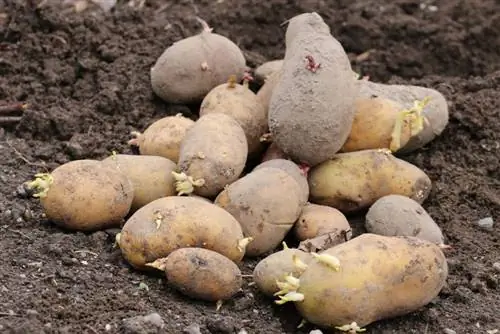
Renting out the garden for events
A well-kept and impressive garden can also be rented out as a special location, for example for weddings or birthdays. Especially in cities, due to the increasing construction boom, green spaces are becoming increasingly scarce, especially those that are available for event rental. Quite a few people therefore spend a long time looking for a suitable location for their desired celebration. Anyone who takes advantage of the high demand and offers their home garden as an event location can reap enormous profits in the long term once the rental service has become known.

